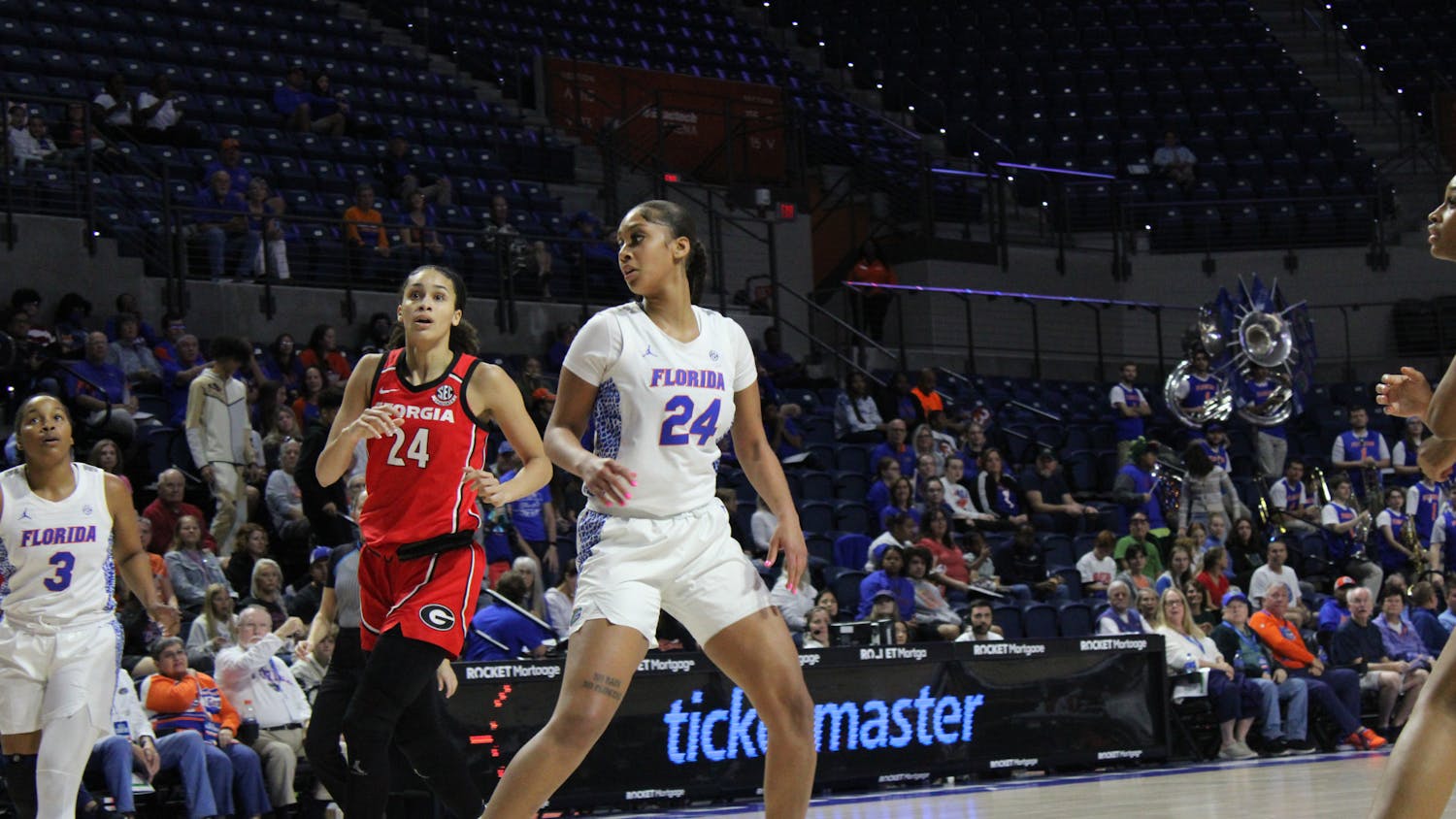Last week, the hashtag #IStandWithAhmed started trending around the social media sphere. It began with the story of a 14-year-old dark-skinned boy of Sudanese origins who had a keen interest in inventing. He brought a clock he made — comprised of wires, a display and a pencil case — to his high school in Irving, Texas, to show one of his teachers.
It was mistaken as a bomb, and police later arrested him despite his insistence that it was merely a clock. A police officer at the scene, as Ahmed Mohamed was being arrested, reportedly said, "Yup. That’s who I thought it was."
The charges were eventually dropped, but the school, police and city have issued no formal apology.
It later became a national discussion. The morning after the occurrence, there were more than 100,000 tweets with the aforementioned hashtag. A variety of people, who thought Mohamed was profiled simply because of his identity as a Muslim, tweeted in a call of solidarity for Mohamed. This included Facebook CEO Mark Zuckerberg, science and engineering professionals, Google and President Obama.
"Cool clock, Ahmed. Want to bring it to the White House? We should inspire more kids like you to like science. It’s what makes America great," Obama said in a tweet. As well meaning as Obama intended to be, he failed to acknowledge the political context of the case: The arrest of Mohamed was an Islamophobic act.
Islamophobia could be thought of as prejudice and discrimination toward Muslims. It has been described more eloquently by Deepa Kumar, an associate professor of media studies and Middle Eastern studies at Rutgers University, as an "image of ‘Islam,’ (a) mythical creation conjured out of the needs of empire that has led even progressives to claim that Muslims are more violent than any other religious group. It is . . . employed to generate fear and hatred."
It is to construct Islam as monolithic. It would be similar to conflating all white people with the likes of Timothy McVeigh, a white-supremacist who was responsible for the Oklahoma City bombing in 1995, which led to 168 deaths.
Widespread prejudice toward Muslim-Americans is quite apparent. A Gallup poll analysis on Islamophobia, gathered from 2011 data, found that 50 percent of respondents reported a great deal of prejudice toward Muslims; hate crimes against this sector of the population have escalated since the Sept. 11, 2001, attacks.
Between 2011 and 2013 there were nearly 100 anti-Islam hate crimes, according to FBI data.
Last year, a shooting occurred in Chapel Hill, North Carolina, which led to the death of three Muslims. There has also been a slew of vandalism among American mosques in recent years.
But is it conceivable that the U.S. government, on an institutional or individual level, is complicit in making Islamophobia a social norm?
Obama has said publicly the war on terror is not a war on Islam. But why not show his support for the Muslim-American community then? He hasn’t visited an American mosque once during his two terms as president.
Between 2005 and 2011, the FBI created community outreach programs and utilized them for intelligence-gathering purposes to combat "terrorism," effectively placing informants in densely populated Muslim-American communities. There was also an intelligence leak last year which found a number of prominent Muslim-Americans’ emails had been surveyed by both the FBI and NSA between 2002 and 2008.
These trends create an atmosphere of criminalization regarding Muslim-Americans, not an atmosphere of warm embrace or open arms.
"The war on terror is just America totally afraid of its own sadness," wrote Janani Balasubramanian, a spoken-word poet. "Victimhood is a chain reaction."
It echoes a familiar story — the marginalization of a particular group of people as scapegoats during wartime has happened in different forms, much like the internment camps of Japanese-Americans after the Pearl Harbor attack, or the treatment of German-Americans as spies during World War I.
Whether it’s rude remarks among strangers in the street, violence aimed at religious centers or a product of U.S. policy, it must be witnessed and critiqued to genuinely combat Islamophobia, which is nothing more than paranoia-induced hatred and violence.
Aubrey Krampert is a UF journalism junior. Her column appears on Thursdays.





